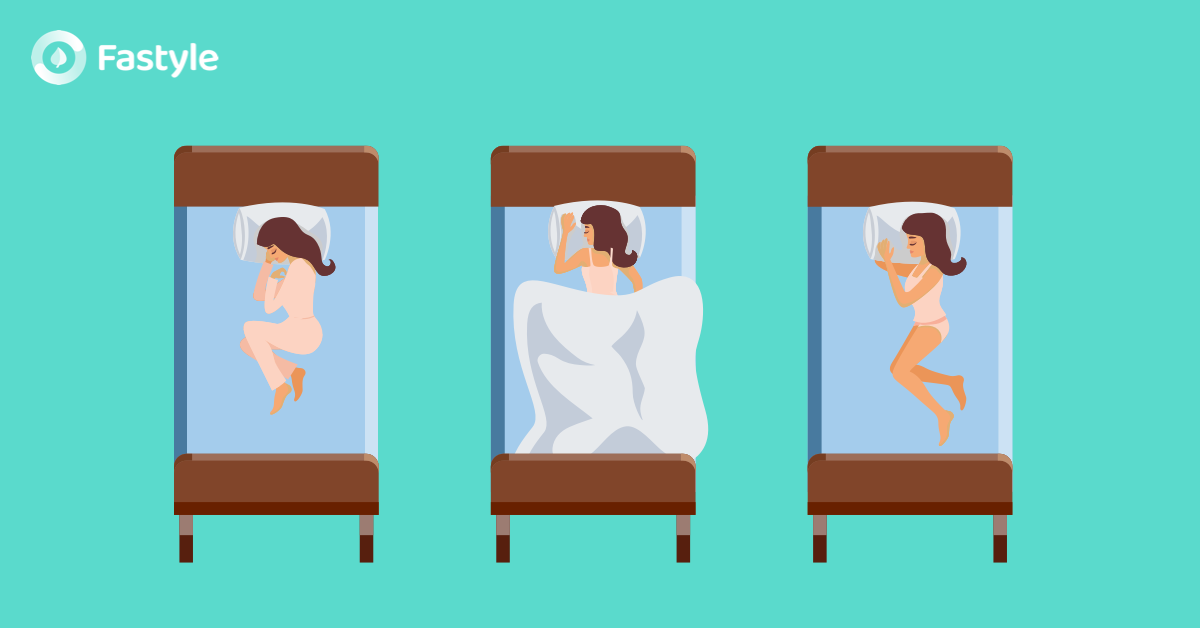Sleep is a must-do daily activity, but it seems increasingly difficult to have a sound sleep every night. However, do you know that intermittent fasting boosts sleep in an easy way? Here it goes.

Intermittent Fasting Wiki
What is Intermittent Fasting?
Intermittent fasting is a diet plan requiring fasters to fast during a fast window and eat during a feast one. Intermittent fasters have multiple IF plans to choose and carry on like 5;2, 16:8, water fasting and more.
What Benefits does Intermittent Fasting Bring?
Intermittent fasting is a way to eat and drink like what our ancestors did when food was limited so it’s not anything new but something that has been lost.
The benefits of intermittent fasting include:
- Weight Loss
- Cell Repair
- Gene Expression
- Metabolism
- Heart Disease Risk Reduction
What to Eat during Intermittent Fasting Phase?
Generally speaking, no limitations are set for intermittent fasting diet window since IF aims to adjust your diet schedule instead of controlling what to eat and drink. When it comes to health boosting purpose, however, it’s not suggested to eat unhealthy food with high unhealthy fat, high salt or high sugar or sweetener, like junk food.
What to Drink during Intermittent Fasting Phase?
Similar to intermittent fasting food, there’s no limit on IF drinks during the whole process of intermittent fasting but alcohol and drinks with high sugar or sweeteners are forbidden for the sake of health like black coffee, lemonade water, water, tea, and more.
Does Hunger Interfere with Sleep?
Since hunger is the top challenge for intermittent fasting beginners, it seems normal to keep hungry during the process of intermittent fasting. Then, does hunger interfere with sleep? Is it difficult for fasters to sleep while they’re in the state of hunger?
Absolutely no!
First of all, we should admit that sleep is also a type of fasting. But it seems you don’t know.
While you are sleeping, you neither eat nor drink anything and you don’t expect to do that as well. it’s just a type of intermittent fasting.
Appetite can be adjusted while sleeping. When humans sleep, hormone leptin that makes human feel full will go up, stopping them from feeling hungry or wanting to eat. Therefore, even if you feel hungry before sleep, such a feeling will dramatically go down until it disappears.
Why Intermittent Fasting is Beneficial for Sleep?
Some research can be found to prove intermittent fasting is beneficial for sleep.
A Research Result
A study about the effects of 16:8 intermittent fasting indicates that the participants with bad sleep find their sleep quality dramatically increases while intermittent fasting.
Fullness before Sleep isn’t Healthy.
When we feel so full, it’ll be difficult to get to sleep. However, hunger is beneficial for you to have a sound sleep, which is also supported by this study.
Fasting helps reducing awakenings and leg movement.
A sound sleep calls for few awakenings and leg movement. Hunger before sleep leads you to have few awakenings during your sleep, ensuring your sound sleep. That is also supported by a study.
What Else Should be Done to Guarantee Sleep during Intermittent Fasting?
Be Loyal to Your Body
Scientific research tells you some truth but not all. Not all scientific conclusions meet all occasions and all humans. You should listen to your body and be patient to any signals brought by it. Prunes may let George Burns live to 100 but they may not work with you.
Stay Hydrated
Staying hydrated is so important for your body but it should be done in your whole day. Don’t drink too much water before sleep just to stay hydrated. Too much water before sleep may lead you to always awaken to go to the toilet or suffer from edema the next day as you get up. Therefore, it’s necessary to drink as much water as possible the whole day. In addition, coffee should be banned before sleep if you would like to have a sound sleep.
Consume Nutrient Food and Drinks
You should focus on healthy staples like fruits, vegetables, nuts or fish so that they’ll be able to provide you enough energy you may need during the day and lead you to have a good sleep at night. If you’ve been used to unhealthy food, try to swap them for healthy ones. Your diet can be smartly selected as you switch to healthy snacks, healthy drinks, healthy sauce and dairy.
Focus on Your Things
Your mindfulness should be cultivated since it boosts your sleep at night. As you focus on your things during daylight, you’ll feel so satisfied as you end it up. Similarly, you’ll feel energetic as you sleep.
FOLLOW US